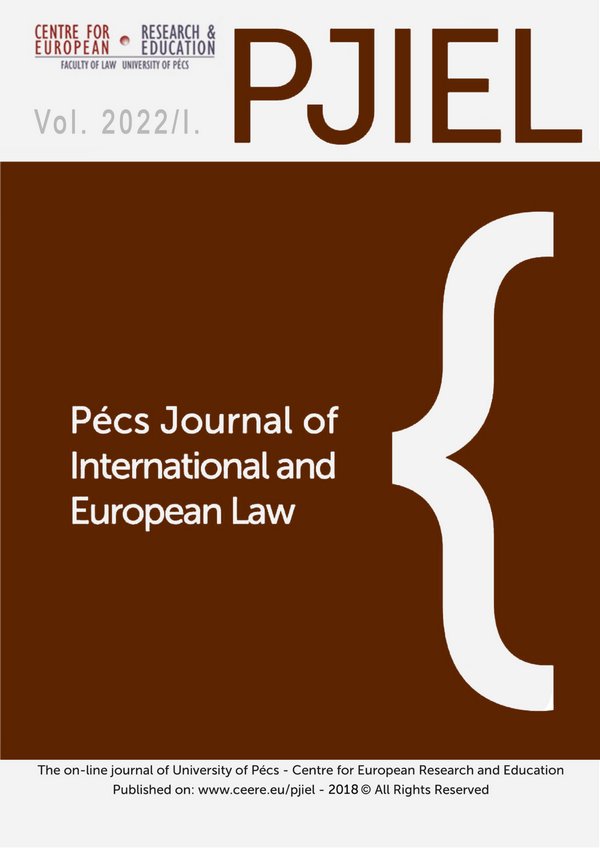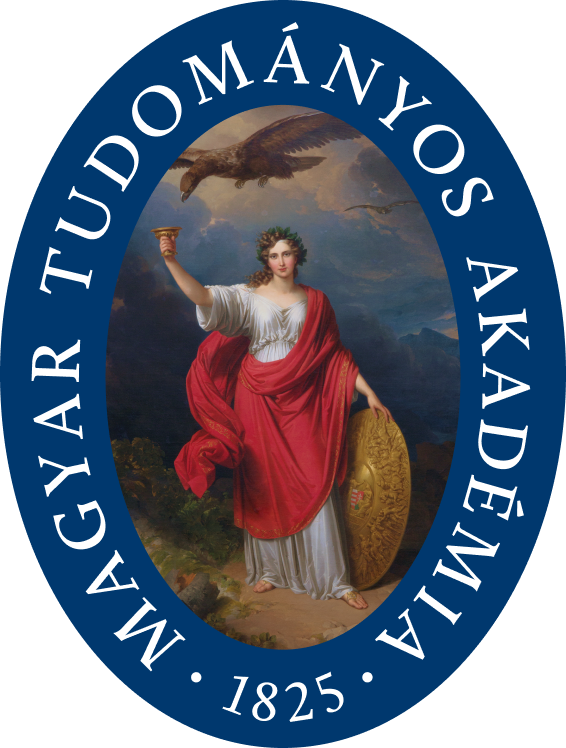The CJEU Partially Excludes Bulgaria from Taking Part in Judicial Cooperation – an Absolute Order or a Balancing Act? The Gavanozov II Case
Keywords:
principle of mutual recognition, principle of mutual trust, European criminal law, European Investigation Order, procedural safeguards, right to an effective legal remedyAbstract
The European Investigation Order is a judicial decision issued for gathering evidence located abroad. Directive 2014/41/EU establishing the European Investigation Order applies the usual toolbox for giving effect to the principle of mutual recognition. The EIO majorly contributed to the system of judicial cooperation in criminal matters between Member States since it managed to extend the application of the principle of mutual recognition to investigative measures as well. This clearly increases the efficiency of cooperation. While the EIO Directive has the potential to hamper the protection of fundamental rights – as any legal instrument based on the principle of mutual recognition in the field of judicial cooperation -, arguably, it will indirectly contribute to the strengthening of the status of the individual in the EU since it provided the Court of Justice of the European Union with jurisdiction to rule on preliminary questions regarding questions of pro- tecting fundamental rights in the investigation phase of the criminal procedure. One such example – and the first at that – is the Gavanozov cases where the CJEU took a road which was seemingly less travelled in its previous case law and excluded Bulgaria from issuing certain kinds of EIOs for the protection of the individual.
Downloads
Downloads
Published
How to Cite
Issue
Section
License

This work is licensed under a Creative Commons Attribution-NonCommercial-ShareAlike 4.0 International License.





